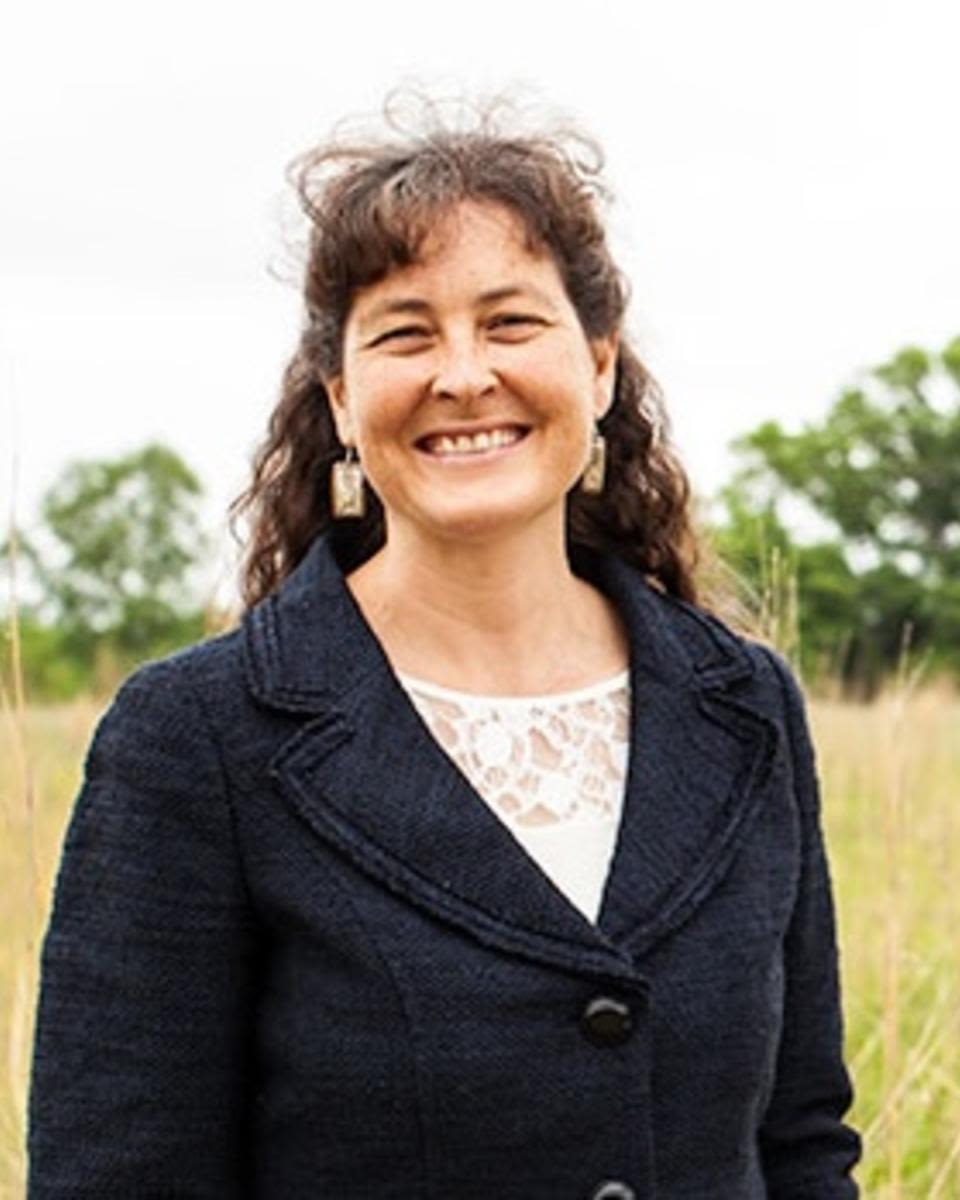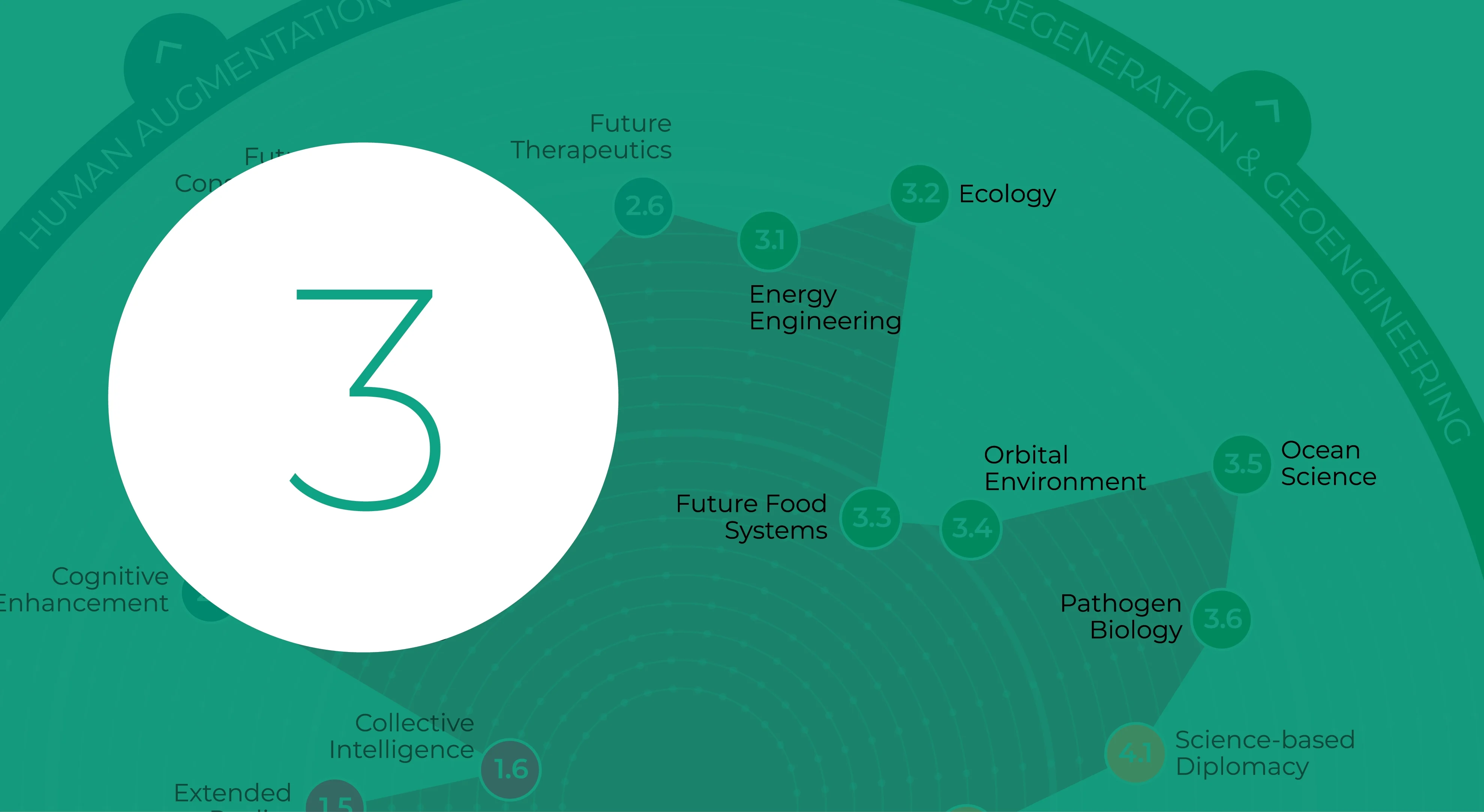Our work focuses on the physiological and evolutionary dimensions of plant ecology that influence community assembly and ecosystem function. We are particularly interested in the genetic and evolutionary basis of variation in plant phenotypes and spectral properties that can be detected at scales from leaves to landscapes. Through our work in spectral biology, we aim to advance remote sensing of biodiversity and the detection of biological processes across scales and their changes through time. A current focus is a collaborative effort to determine protocols and best practices for NextGen spectral digitization of herbarium specimens. We are committed to advancing international efforts for global monitoring and assessment of biodiversity and ecosystem services to aid management efforts towards sustainability on our rapidly changing planet.
The Cavender-Bares Lab's ongoing projects include: detecting tree diseases and mapping forest composition and diversity using remote sensing; determining the mechanisms and ecosystem consequences of tree species interactions (particularly in the FAB tree diversity experiments); using spectral phenotypes in phylogeographic studies and to test for selection; understanding the ecophysiological mechanisms that influence species distributions; and understanding the evolutionary history of physiological traits that influence long-term ecological processes and can help predict future shifts as the climate changes.
Dr. Cavender-Bares also directs the NSF ASCEND Biology Integration Institute.





